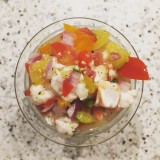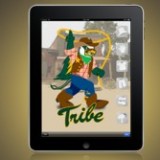(Cross-posted on the W&M Creative Services Blog)
There are a lot of ways for people to connect on Facebook. What started as just a network for college students has mushroomed into a community of over 750 million active users where seemingly everyone (and nearly every business, celebrity, brand and university) has a presence. There are three main ways that an entity can have a presence on Facebook: profiles, pages and groups; not all of these options are suited for every occasion. Here are quick overviews of each type with answers to some of the most common questions about their differences.
Profiles
 Profiles are for people and only people. On your profile you can share photos, videos, web links, and general status updates with people you have connected with as “friends.” If you create a personal profile for any other entity aside from yourself Facebook will get grumpy at you as it violates their terms of service agreement. So this boils down to no fake names or personas (use a Page) and no creating multiple personal accounts (like one for work use and one for personal).
Profiles are for people and only people. On your profile you can share photos, videos, web links, and general status updates with people you have connected with as “friends.” If you create a personal profile for any other entity aside from yourself Facebook will get grumpy at you as it violates their terms of service agreement. So this boils down to no fake names or personas (use a Page) and no creating multiple personal accounts (like one for work use and one for personal).
If you are concerned about mixing work and personal Facebook use, keep in mind that if you are an admin of a Facebook page it is not listed anywhere publicly, so no one will know to contact you or associate you with that professional page. You can utilize friend lists to keep work and personal Facebook friends separate and control what each group sees by selectively sharing information via your Facebook privacy settings.
For more on friend lists and privacy see the Facebook Help Center.
If you have created a Profile rather than a Page, for your business or brand, Facebook now offers a way to convert your Profile to a Page. Be warned however, only your photos and friends (who will be converted to “fans”) will be moved over, your wall posts and any other data on your profile will not be saved so make sure if you want to keep that information you have it backed up somewhere. For more details on how to convert a profile to a page, check out the Facebook Help Center.
Pages
![]() Pages are essentially profiles for any entity that isn’t a real-life person on Facebook. Pages have the same photo albums, wall and info page as a personal profile, but you can have an unlimited number of “fans” rather than “friends” (which is limited to 5,000). Many celebrities also maintain a fan page in addition to, or in place of, their personal profile. This avoids the friend limits of a profile and when the celebrity is also a “brand,” is a way to keep their business and personal entities separate.
Pages are essentially profiles for any entity that isn’t a real-life person on Facebook. Pages have the same photo albums, wall and info page as a personal profile, but you can have an unlimited number of “fans” rather than “friends” (which is limited to 5,000). Many celebrities also maintain a fan page in addition to, or in place of, their personal profile. This avoids the friend limits of a profile and when the celebrity is also a “brand,” is a way to keep their business and personal entities separate.
Facebook allows there to be one or more administrators for a Page. A cool feature released by Facebook allows an administrator of a Page to post wall messages or comments while masquerading as the page itself, rather than as their individual account. This feature is another good way to keep the business and personal aspects of Facebook separate if you manage a Facebook page for work.
For detailed info on how to create and manage Facebook Pages, visit the Facebook Help Center.
Groups
![]() If you have a need to more frequently or directly communicate with a small community of people then a Facebook group is the way to go. You can utilize Facebook’s group chat, shared documents, and messaging features (where members will get emails rather that status updates in their Facebook stream as with a Page), to communicate directly with the members of your group.
If you have a need to more frequently or directly communicate with a small community of people then a Facebook group is the way to go. You can utilize Facebook’s group chat, shared documents, and messaging features (where members will get emails rather that status updates in their Facebook stream as with a Page), to communicate directly with the members of your group.
There are three kinds of Facebook Groups:
- Secret – Only members can see the group and what members post
- Closed – Everyone can see the group. Only members see posts
- Open (public) – Everyone can see the group and what members posts
If you are debating between a Group and a Page, consider how you plan on using it. Do you want to have a real-life “club” feel with a directly engaged community? If so, use a Group. If you want to offer interesting information to a large audience and publicize your organization, use a Page.
For more on Facebook groups, visit Facebook’s official Group help page.
Speaking of Facebook Groups, if you’re in charge of (or have any interest in) social media and are part of the W&M community, please join our W&M SMUG (Social Media Users Group) Facebook Group.







